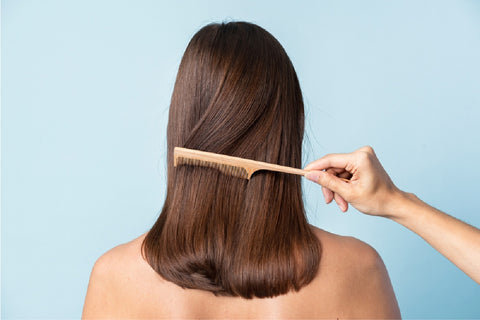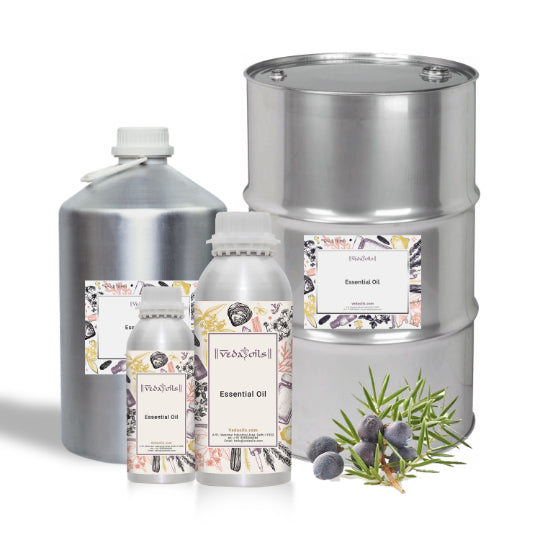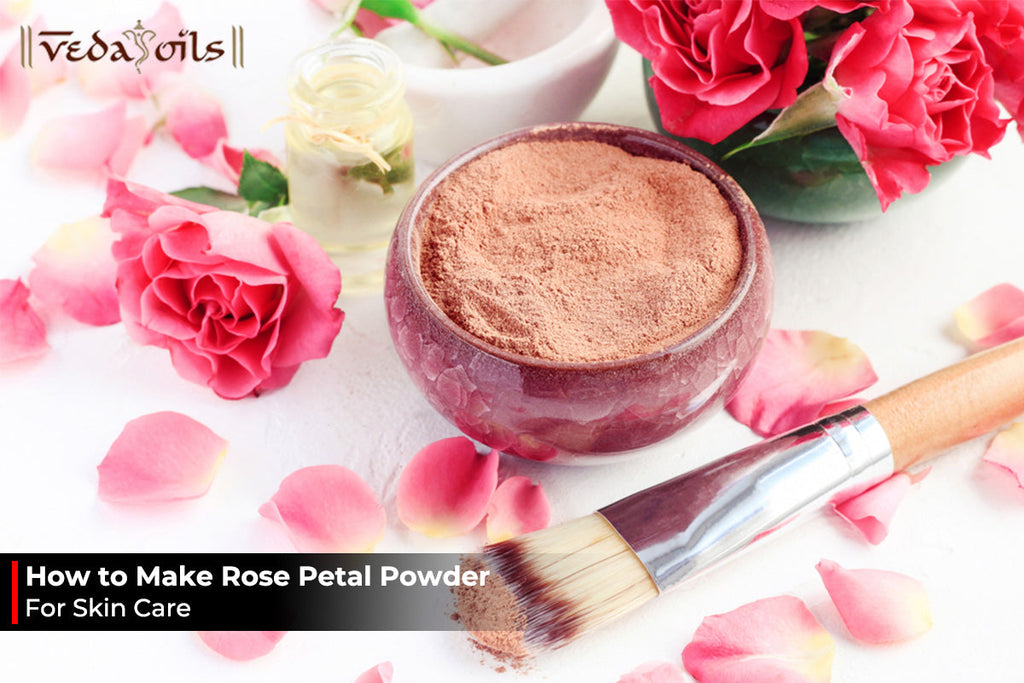Citric Acid for Hair: Benefits & How to Use
Citric acid, found in citrus fruits, offers benefits for hair care. It balances pH, cleanses the scalp, enhances shine, controls dandruff, and can lighten the hair. Citric acid has a low pH level, effectively balancing the pH of the scalp and hair.

It helps to restore the hair's natural acidity, which is important for maintaining healthy and strong strands. So, let’s delve into this blog on citric acid for hair, it benefits and how to use.
Properties Of Citric Acid for Hair
Citric Acid is a weak organic acid with a pH level of around 2.2, making it effective in adjusting and balancing the acidity of solutions. Its antimicrobial properties help inhibit the growth of bacteria, fungi, and other microorganisms, making it a common ingredient in food preservation and cosmetic products. Citric acid is biodegradable and environmentally friendly, making it a preferred choice over harsher chemicals in various applications.

Citric acid provides a sour taste and is widely used as a natural flavor enhancer in food and beverages, adding a refreshing and tangy flavor profile. Citric acid can adjust and stabilize the pH of solutions, making it useful in various industries like pharmaceuticals, cosmetics, and water treatment. Citric acid is used as an excipient in pharmaceutical formulations to enhance certain drugs' stability, solubility, and taste masking.
Benefits Of Citric Acid for Hair
Citric acid, a natural compound found in various citrus fruits like lemons, oranges, and grapefruits, can offer several benefits for hair when used appropriately. Here are some potential benefits of citric acid for hair:
1. Citric Acid for Hair Scalp Cleansing: Citric acid has natural astringent properties, effectively cleansing the scalp. It can help remove excess oil, dirt, and product buildup, leaving the scalp refreshed and revitalized.

2. Citric Acid for Hair pH Balancing: Citric acid is acidic and can help balance the pH of the hair and scalp. This is particularly beneficial for individuals with alkaline or high pH levels, as it can restore natural acidity and promote healthier hair.
3. Citric Acid for Hair Dandruff Control: Citric acid can help combat dandruff due to its antimicrobial properties. It can inhibit the growth of fungi and bacteria on the scalp, which are often responsible for causing dandruff. Regular use of citric acid can help reduce flakiness and itchiness associated with dandruff.

4. Citric Acid for Hair Color: Citric acid can be a natural hair lightener. Applying it to the hair can help lighten the color and add subtle highlights. This effect is more pronounced when combined with sunlight or heat.
5. Citric Acid for Hair Detangling and Softening: Citric acid can help improve hair's manageability by removing knots and tangles. It can also help soften the hair strands, making them smoother and more manageable.

6. Citric Acid for Hair Conditioner: Citric acid can act as a natural hair conditioner, providing moisture and shine to the hair. It helps seal the cuticles, reducing frizz and promoting a smoother appearance.
How to Use Citric Acid for Your Beauty Routine
This simple citric acid for hair recipe can help cleanse the scalp, balance pH levels, and add shine to your hair.

Step 1: Prepare a citric acid hair rinse by diluting citric acid powder or a few teaspoons of lemon juice in water.
Step 2: After shampooing and conditioning your hair, pour the citric acid rinse over your hair, focusing on the scalp and hair roots.
Step 3: Leave it on for a few minutes before rinsing it out thoroughly with water.
Side Effects of Using Citric Acid for Hair
Citric acid is beneficial for hair in many ways, it is important to pay attention to its usage to make sure you do not develop side effects.
1.Dryness and Frizz
Excessive use of citric acid could strip natural oils from your hair leading to frizzy hair and dry scalp.
2.Scalp Irritation
Citric acid is not suitable for sensitive and dry scalp as it strips the hair of natural oil which could easily irritate the skin and cause itching.
3.Lightening of Hair
Citric acid is known to have bleaching properties which could turn your hair a lighter shade. If your hair is dyed, it is recommended to avoid using citric acid.
Conclusion
Citric acid is a versatile ingredient for self-care routines. It can benefit hair by cleansing the scalp, balancing pH levels, controlling dandruff, and adding brightness and softness. In skincare, it acts as an exfoliant, toner, and skin brightener. Visit us at www.VedaOils.com to get the highest quality citric acid for hair at affordable price.
FAQs: Citric Acid for Hair
Q1: Can I Use Pure Citric Acid Directly On My Hair Or Skin?
Answer: No, it is not recommended to use pure citric acid directly on your hair or skin. Pure citric acid can be highly concentrated and may cause irritation or damage. It is best to dilute citric acid properly in water or incorporate it into formulations with other ingredients for safe and effective use.
Q2: How Often Can I Use Citric Acid In My Hair Care Routine?
Answer: The frequency of citric acid use in your hair care routine depends on your hair type and needs. As a general guideline, it is advisable to use citric acid treatments once every one to two weeks to avoid overexposure and potential scalp irritation. Adjust the frequency based on your hair's response and consult a hair care professional for personalized recommendations.
Q3: Can Citric Acid Lighten Hair Color?
Answer: Citric acid has natural lightening properties, but the effect may vary depending on your hair type and natural color. It can add subtle highlights and brighten the hair when combined with sunlight or heat. However, it may not produce drastic lightening results like chemical hair dyes. If you are seeking significant color changes, it is best to consult a professional hairstylist.
Q4: Is Citric Acid Suitable For All Skin Types?
Answer: While citric acid can benefit various skin types, it may not suit everyone, especially those with sensitive or reactive skin. Performing a patch test before using citric acid on your face or body is recommended. If you experience any adverse reactions such as redness, itching, or irritation, discontinue use and consult a dermatologist for personalized advice.
You May Also Like:
Buy Products
-
 Cade Essential Oil
Cade Essential Oil -
 Citric Acid Powder
Citric Acid Powder -
 Citric Acid Monohydrate
Citric Acid Monohydrate -
 Lemon Essential Oil
Lemon Essential Oil -
 Orange Peel Powder
Orange Peel Powder
Related Articles
-
 How to Make Marble Candles | DIY Marble Pillar Candle
How to Make Marble Candles | DIY Marble Pillar Candle -
 DIY Tanning Oil - Best Homemade Recipes For Tan Removal
DIY Tanning Oil - Best Homemade Recipes For Tan Removal -
 Homemade Mustache Wax: Best DIY Recipe With Natural Ingredients
Homemade Mustache Wax: Best DIY Recipe With Natural Ingredients -
 Kojic Acid vs. Glycolic Acid: Which Is Better for Skin Whitening?
Kojic Acid vs. Glycolic Acid: Which Is Better for Skin Whitening? -
 5 Best Grades of Essential Oils - The Grading System
5 Best Grades of Essential Oils - The Grading System -
 How to Make Rose Petal Powder For Skin Care Homemade Recipe
How to Make Rose Petal Powder For Skin Care Homemade Recipe
Disclaimer :- This article is intended for informational and educational purposes only and should not be considered a substitute for professional medical advice. For specific health concerns or treatment, please consult your personal physician. The article's editor, writer, and VedaOils organization do not assume any responsibility for any health outcomes resulting from the information provided. Readers are strongly encouraged to seek advice from their physician before acting on any recommendations made in these articles.

















 Sign in
Sign in Register now
Register now My Reward Points
My Reward Points









